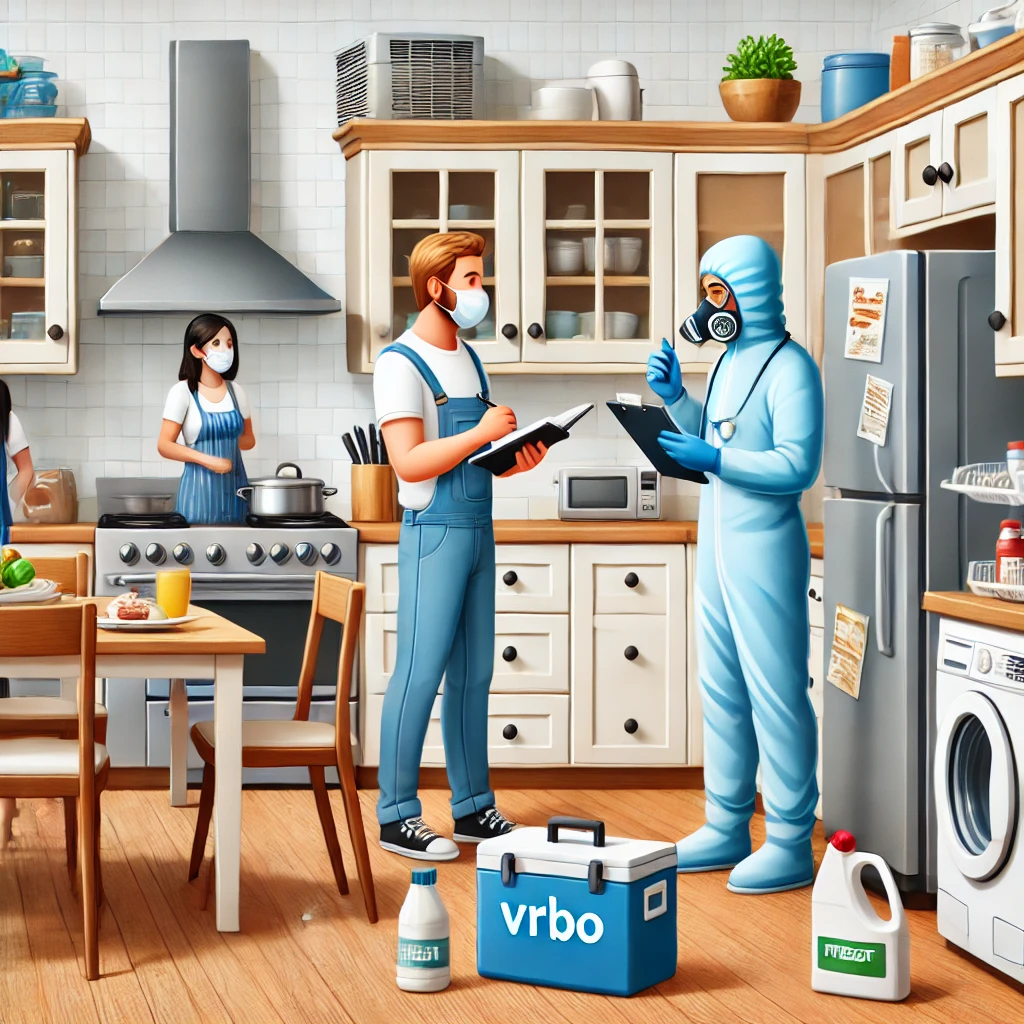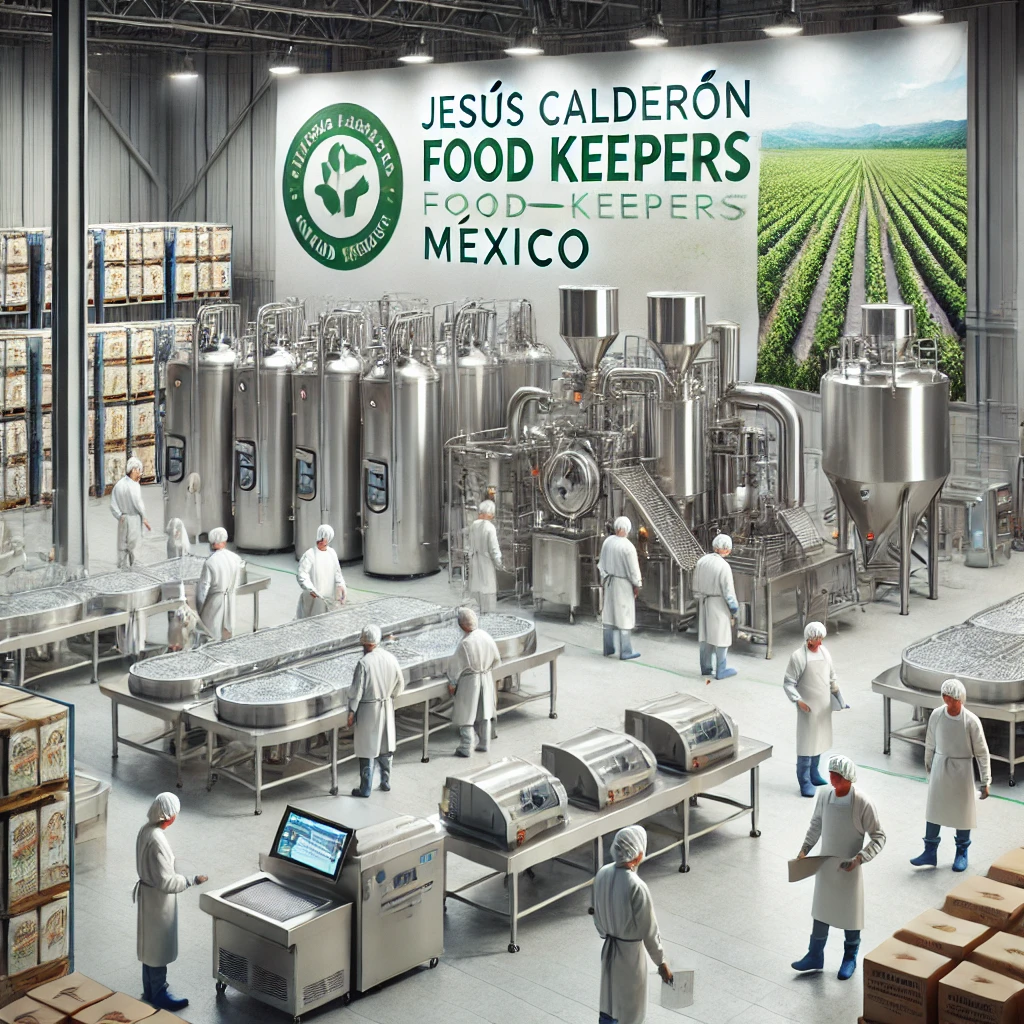Introduction: Understanding VRBO Food Illness Sources
Vacation rentals like those offered through VRBO present unique challenges in food safety. Unlike traditional hospitality settings, where professional kitchens adhere to strict food safety regulations, VRBO rentals often rely on individual owners and transient guests to manage food preparation and storage. This article delves into the common sources of foodborne illness in such environments, highlighting the need for heightened awareness and adherence to food safety practices.
Reporting and Managing Food Illness Outbreaks in VRBO Settings
Foodborne illness outbreaks in VRBO rentals can quickly tarnish the reputation of both the individual rental and the platform as a whole. Understanding how to report and manage these incidents is crucial for maintaining safety and trust.
Identifying and Reporting a Suspected Outbreak Vrbo Food Illness Food Soures
When a guest reports symptoms of food poisoning, immediate action is essential. The initial step involves interviewing the guest to document what they ate, both inside and outside the rental, and any symptoms experienced. This information should be reported to local health authorities to facilitate a timely and effective response.
Immediate Response to Contain the Outbreak Vrbo Food Illness Food Soures
To prevent further spread, it’s vital to:
Identify the Source
As soon as an outbreak is suspected, the first action is to identify the potential source of contamination. This could be anything from undercooked meats to cross-contaminated kitchen tools. Owners should interview affected guests to trace back their meals and activities during their stay, focusing on both what was consumed and how it was prepared.
Isolate Affected Individuals
To minimize the risk of further transmission, immediately isolate guests showing symptoms of foodborne illness. Provide them with access to medical care and guidance on how to manage their symptoms. This step is crucial to prevent the illness from spreading to other guests and staff.
Secure and Sanitize the Area
Remove any suspected contaminated food items from availability. All kitchen areas and commonly used surfaces should be thoroughly cleaned and disinfected. Pay special attention to high-touch areas such as countertops, kitchen appliances, and utensils. It’s essential to use cleaning agents that are effective against pathogens commonly associated with foodborne illnesses.
Communicate Effectively
Transparency is key in managing an outbreak. Communicate promptly and clearly with all guests about the situation. Explain what measures are being taken to address the outbreak and what they can do to minimize their risk. Keeping guests informed helps to manage panic and ensures that they follow necessary precautions.
Report to Authorities
Notify local health authorities about the outbreak. Reporting is not just a regulatory formality; it allows health professionals to provide necessary guidance and assistance. They can also help track the source of the outbreak if it is linked to a wider public health concern.
Prevent Future Incidents
Once the immediate threat is mitigated, review the incident to understand what went wrong and why. Implement changes to your food handling and safety protocols to prevent future outbreaks. This might include more rigorous cleaning schedules, updated training for all staff involved in food preparation, and stricter food storage practices.
Additionally, it is important for VRBO owners to contact the platform and their insurance provider for further instructions and to cover potential liabilities.
Legal Suggestions and Responsibilities for VRBO Owners
Aligning with Food Safety Regulations
While VRBO rentals are not typically considered food establishments, they must still ensure a safe eating environment. Owners should understand and comply with local health regulations that apply to food handling and storage. Implementing a basic food safety training program, like the ServSafe Food Handler course offered by the National Restaurant Association, can significantly reduce the risk of foodborne illness.
Real Studies and Best Practices for Food Safety Management
Drawing on case studies from both VRBO and traditional food service settings can provide valuable insights. For example, implementing regular refrigerator temperature checks and ensuring all utensils and cooking equipment are sanitized before use have been proven effective in managing food safety risks.
Proactive Food Safety Measures
Owners can take proactive steps to ensure food safety, such as:
- Providing clear instructions for guests about safe food handling and storage practices.
- Equipping the kitchen with proper food safety tools like thermometers and sanitizing solutions.
- Regularly updating and reviewing food safety guidelines based on the latest health standards and practices.
Conclusion: Safeguarding Health in VRBO Rentals
Ensuring Vrbo Food Illness Food Soures is a shared responsibility between owners and guests. By implementing robust safety practices, providing adequate training, and complying with legal responsibilities, VRBO hosts can significantly mitigate the risk of foodborne illnesses, enhancing the overall guest experience. This commitment to safety not only protects guests but also builds trust and credibility in the burgeoning vacation rental market.


